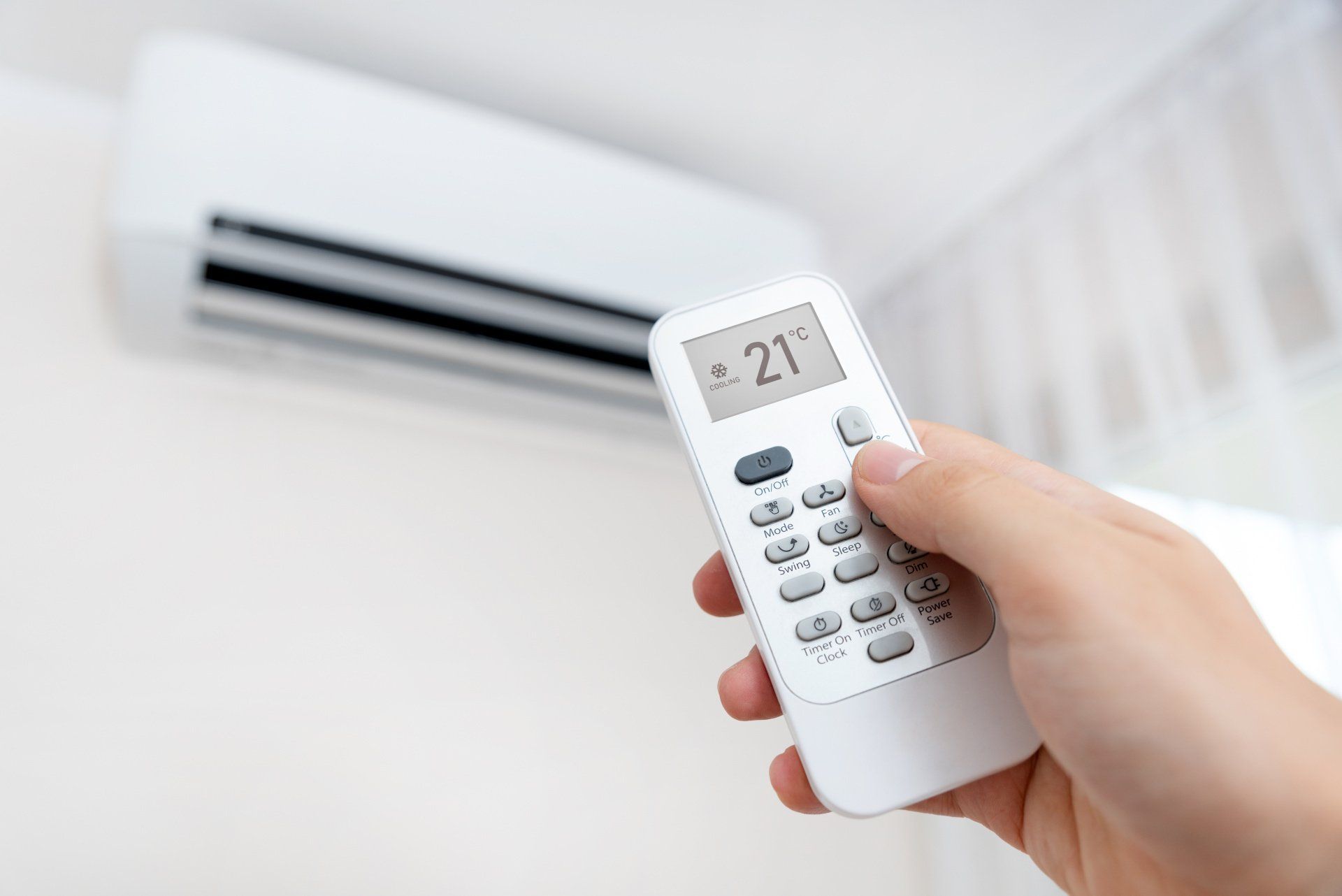Choosing the Right Air Conditioning System for Your Home
Finding the perfect air conditioning system is more than a luxury; it's a necessity for maintaining comfort in your home throughout the warmer months. This article delves into the different types of air conditioning systems available, guiding you through the selection process to ensure you find a unit that suits both your needs and your environment.
Understanding Different Air Conditioning Systems
Central Air Conditioning: Ideal for cooling large spaces or multiple rooms simultaneously, central air conditioners offer a seamless, integrated solution for whole-home comfort. This system is typically paired with your home's heating unit, using the same ductwork to circulate air.
Ductless Mini-Split Systems: For homes without existing ductwork, ductless mini-split systems provide a flexible and efficient alternative. These systems consist of an outdoor compressor linked to one or more indoor air handling units, allowing for targeted cooling in specific areas or rooms.
Window Units: Compact and easy to install, window air conditioners are a go-to for immediate cooling needs in single rooms. They are cost-effective and can be an excellent option for those renting or looking to cool a small space.
Portable Air Conditioners: Versatile and mobile, portable air conditioners can be moved from room to room and are perfect for spaces where traditional units are impractical. While they offer convenience, they may use more energy and are often better suited for supplemental cooling.
Hybrid Air Conditioners: Combining the efficiency of a heat pump with the cooling capacity of a traditional air conditioning system, hybrid models switch between energy sources to save costs and optimize comfort, depending on weather conditions.
Key Factors to Consider
Energy Efficiency: Opting for an air conditioner with a high Energy Efficiency Ratio (EER) or Seasonal Energy Efficiency Ratio (SEER) can significantly reduce electricity usage and lower utility bills. Modern air conditioners offer improved technology that maximizes efficiency and performance.
Size and Capacity: It’s critical to choose a unit whose capacity matches your home’s size and layout. An undersized air conditioner will struggle to cool your home, while an oversized unit can lead to excessive moisture and uneven temperatures.
Cost: Consider both the initial investment and long-term operational costs. Investing in a higher-quality, energy-efficient unit can save money on energy bills over time despite a higher upfront cost.
Features: Modern air conditioners come equipped with features such as programmable thermostats, smart home compatibility, and quieter operation. Choose a model that aligns with your comfort needs and lifestyle preferences.
Maintenance and Longevity
Regular maintenance is crucial to extend the lifespan of your air conditioning system and ensure it operates efficiently. Routine checks can help identify issues before they become major problems, ensuring your unit remains effective and efficient.
Conclusion
Selecting the right air conditioning system for your home involves careful consideration of your specific needs, the unique aspects of your living space, and the various features offered by different models. By thoroughly evaluating each factor and opting for a system that offers both efficiency and flexibility, you can enjoy a cooler, more comfortable home environment. Investing wisely in your air conditioning system not only improves your daily comfort but also adds value to your home in the long run.






















